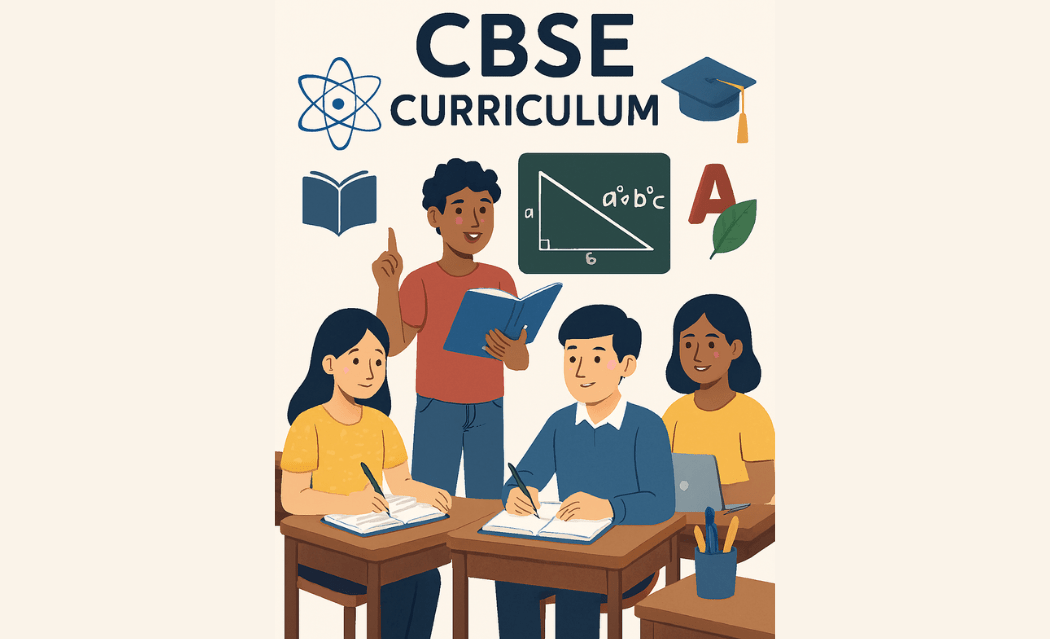TNR News Network
SHIMLA: In a significant development aimed at raising academic standards, the Himachal Pradesh government has accelerated efforts to implement the Central Board of Secondary Education (CBSE) curriculum in 200 government schools starting from the academic year 2026-27.
The Directorate of School Education has initiated the process and is working on a comprehensive roadmap to ensure a smooth transition. As part of this plan, a provisional list of 229 government schools has been released, of which 200 will ultimately be selected for affiliation. This includes 47 PM Shri and Excellence Schools that are already under focus for educational reform.
The selection of these schools is being carried out on the basis of objective criteria, which include location in district or sub-divisional headquarters, student enrollment and the availability of adequate infrastructure. The identified schools include model institutions, Atal Adarsh Vidyalayas, PM Shri schools and those being upgraded into Rajiv Gandhi Day Boarding Schools.
According to the proposed plan, each school will require approximately Rs 70,000 to cover registration, inspection and other fees related to CBSE affiliation. Additional budget allocations will be made by the state government for minor repairs, infrastructure upgrades, and compliance with CBSE’s institutional requirements.
District-wise, the highest number of schools under consideration are in Kangra (41), followed by Shimla (34), Mandi (29) and Hamirpur (19). Other districts like Chamba, Sirmaur, Solan, Una, Kullu, Bilaspur, Kinnaur and Lahaul-Spiti also have schools proposed for transition. The list has been sent for necessary government approvals to proceed without delays.
The decision to shift selected schools to the CBSE system has been taken after careful evaluation of the changing educational landscape, and the rising aspirations of students and parents. Officials state that CBSE affiliation will provide students with a level playing field for national-level entrance exams such as JEE, NEET, NDA and others. This move is expected to enhance students’ competitiveness, improve learning standards, and open up broader academic and career pathways.
Beyond the students, the transition is also aimed at building teacher capacity. CBSE’s integrated approach to pedagogy, assessment and skill development is expected to uplift the overall quality of education. Teachers will undergo dedicated training sessions to adapt to CBSE and National Education Policy (NEP)-aligned methodologies, with professional development becoming an integral part of the affiliation process.
The implementation is set to be carried out in several phases, beginning with infrastructure mapping and documentation between August and September 2025. The application process will follow in October, with verification, training, and inspections scheduled from November through January. Final approvals, textbook changes, orientation programs, and teacher training will take place in February 2026, marking the transition into the new academic framework.





